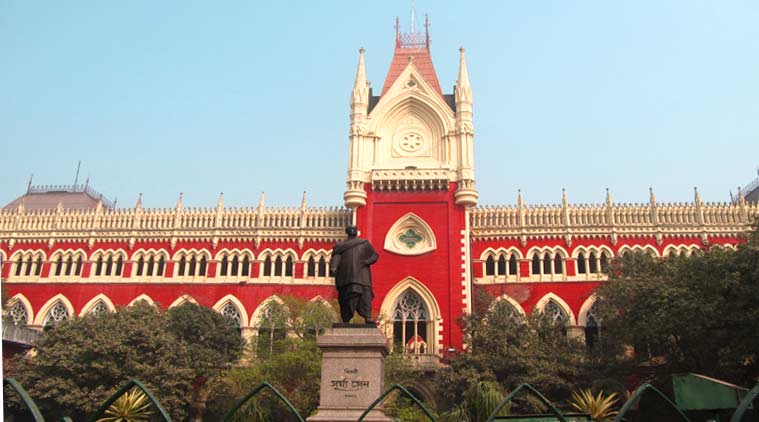Families formed the use of the donor idea have, for a decade or higher, assumed donors of sperm and eggs are not legal dad and mom because national and territory legal guidelines kingdom they may be no longer. Over time, judges have unfolded cracks in that apparent actuality, particularly for lesbian families and single moms. This week’s High Court’s selection inside the Masson case blasts those cracks wide open, leaving the criminal parentage of many donor-conceived children unsure.
What is the Masson case about?
This week, the High Court held that underneath the Family Law Act, Robert Masson, a person who provided sperm to a chum, Susan Parsons, for insemination, is a legal figure of the kid who resulted and no longer merely a donor. Masson and Parsons (both court pseudonyms) agreed that Masson might be involved in the infant’s lifestyles and named on her beginning certificates.
After the kid’s beginning, whom the court docket named B, Masson advanced a near relationship with her, and they mentioned him as “Daddy.” At the time of the idea, the mother was in a relationship with another lady, Margaret Parsons. However, it becomes found that their relationship did not meet the prison definition of de facto dating. Margaret Parsons becomes, therefore, no longer a prison parent of the kid.
The couple went on to have a 2nd child, C, with an unknown donor, and later married in New Zealand, where Susan Parsons had grown up. The case went to court docket because the woman wanted to relocate with the children to New Zealand to be closer to Susan’s circle of relatives and where their marriage might be recognized.

What did the courtroom determine?
Before a court ought to decide on the relocation issue, it had to determine who had been B’s dad and mom. This became not smooth. While national and territory laws expressly nation a sperm donor isn’t a criminal parent, the federal Family Law Act does so best wherein the child is born to some. As Susan Parsons becomes held to have been at the time of thought, single girls aren’t explicitly addressed in s60H of the Act, which defines parentage where the artificial idea is used.
The High Court held that even though this part of the Act did no longer address the factual situation, in this case, it needs to be examined “expansively.” This allowed the courtroom to draw on different provisions inside the Act to determine criminal parentage in this example. Because there’s no comprehensive definition of “parent” within the Act, the courtroom held that “parent” is given its normal, widespread English, which means:
Whether or not a person is a discern of an infant born of a synthetic idea method depends on whether the person is a determination of the kid according to the regular, prevalent English meaning of “parent.”… This is a query of reality and diploma to be determined in step with the ordinary, current information of the “parent” and the relevant circumstances of the case. The trial choice was determined primarily based on the pre-idea intentions of the events and the level and form of involvement Masson had in B’s life; he became a felony discern. The High Court located no reason to doubt that end.





